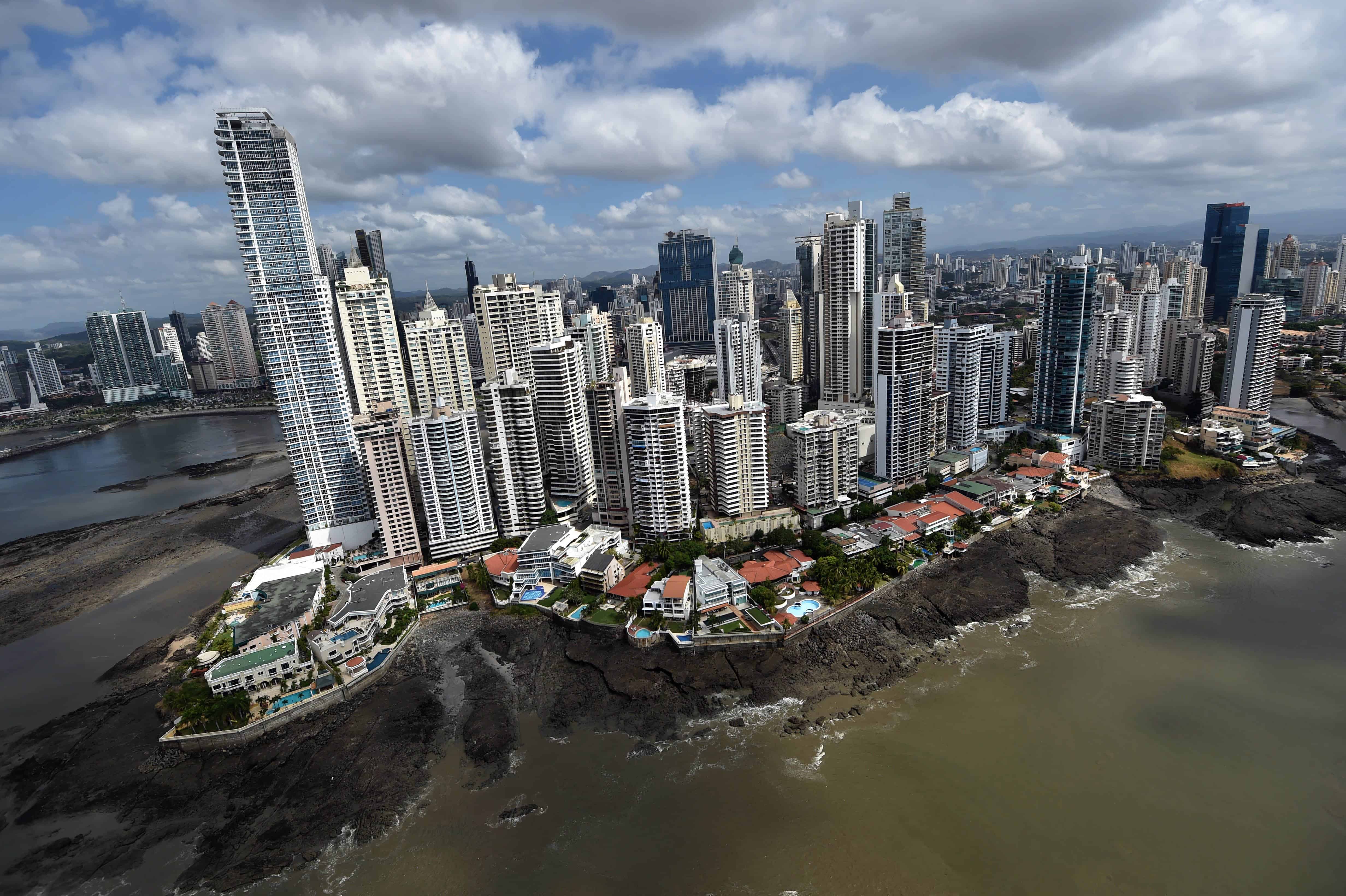The Panamanian government has for now ruled out the hiring of Cuban doctors to combat COVID-19, amid protests from the health union and warnings from the United States.
“Right now, that decision has been put aside,” Panamanian Health Minister Luis Francisco Sucre said on Monday, referring to the hiring of Cuban doctors.
His remarks came two weeks after President Laurentino Cortizo announced that his government was “trying to reach an agreement” with Cuba.
Sucre then confirmed that the government was analyzing the number of Cuban doctors that Panama would need to face the pandemic, although he also acknowledged that China and the United States had been asked for help.
Those plans caused discomfort in Panamanian medical associations, which said that the law restricts foreigners from practicing medicine.
Sucre now says the government reached an agreement with medical unions to “reorganize” the sector and “put together new strategies” to reinforce the care of COVID-19 patients, so that Cuban workers will not be necessary.
With 4 million inhabitants, Panama has the highest number of COVID-19 infections in Central America, tallying more than 88,000 infected and 1,919 deaths.
The scenario has forced the country to retrofit hospitals and search for new facilities, in a public system with great deficiencies and doctors exhausted by the demands of the pandemic.
Criticisms from Washington
The Panamanian government ruled out an agreement with Cuba after also receiving criticism from senior US officials, who traveled to Panama on August 17 to meet with Cortizo.
In that delegation were President Donald Trump’s national security adviser, Robert O’Brien, and the US director of the National Security Council for the Western Hemisphere, Mauricio Claver-Carone.
“They certainly touched on that issue. Mauricio Claver-Carone has a very tough stance toward Cuba” and “this government has been very accommodating” with Washington, a former Panamanian diplomat told AFP, speaking on the condition of anonymity.
Claver-Carone, Trump’s candidate to head the Inter-American Development Bank (IDB), acknowledged before traveling to Panama that the United States had expressed its “concerns” to the government about Cuban doctors.
Washington considers the sale of Cuban medical services as a “government pattern” of “forced labor,” which serves as propaganda for the island’s communist government.
“I believe that the internal pressure of Panamanian doctors contributed to undermine the enthusiasm of the government and the visit of the US officials finished off it,” said Carlos Guevara-Mann, professor of International Relations at Florida State University’s Panamanian campus.
Domingo Moreno, coordinator of the main Panamanian medical union, told AFP that “undoubtedly” the agreement between the Panamanian doctors and the government “had a great influence” on paralyzing the Cuban mission.
But the “emphatic way” in which the United States criticized Cuban doctors “changed the attitude of the president,” Cortizo added.
U.S. as Panama’s ally
Since coming to power in 2019, Cortizo has favored relations with the United States over China, which had gained ground in Panama after the establishment of diplomatic relations in 2017.
The United States, Panama’s main trading partner and the first user of its interoceanic canal, is scheduled to donate 250 ventilators, supplies and more than $4 million to the country to fight the pandemic.
Cortizo “does not fear but has real dread of retaliation from the United States. That fear is more than enough for Panama not to seek resources or help in other countries,” said Julio Yao, professor of international law at the University of Panama.
Guevara-Mann also sees Washington’s influence on the government clearly: “The United States has a decisive influence on aspects of Panamanian foreign policy that interest or concern it. That is the essence of hegemony,” he said.
However, the former ambassador of Panama to the United States Eloy Alfaro considered that his country “has demonstrated in history its ability to assume positions, in sovereign exercise of autonomy, regardless of pressure from any power.”






